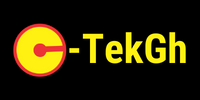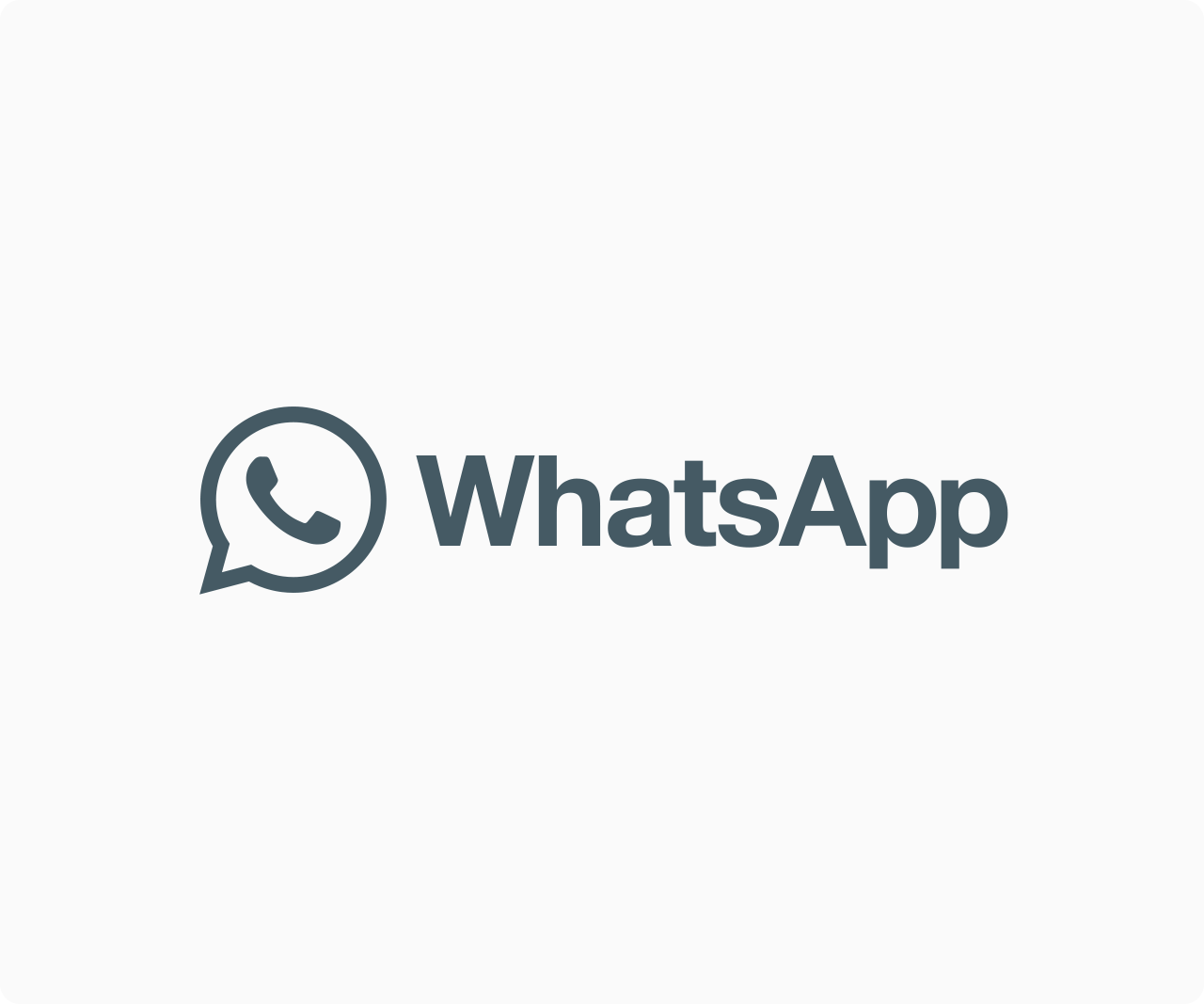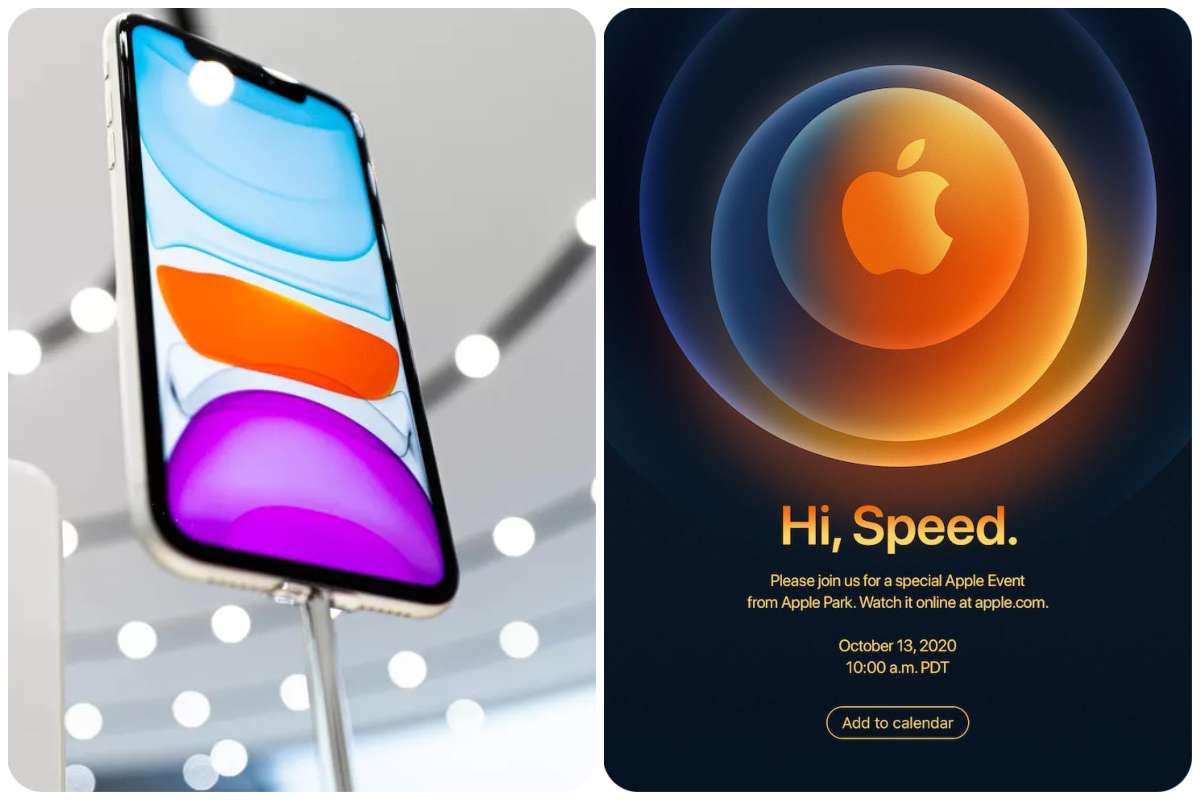News
Green Travel Rewards App Miles Raises $12.5 Million

Miles, a firm founded three years ago, released a free app with the intention of becoming a form of rewards program for all types of travel, with a focus on environmentally friendly modes of transportation. If you covered enough ground by bike, bus, metro, or even on foot, you’d be awarded with “miles” (aka points) that could be redeemed for Starbucks privileges or discounts on Audi Silvercar services.
I tried Miles for a little over a year because I was curious. I was living in New York City at the time and performed a lot of walking and subway riding on a daily basis, with some bicycling and bus commuting thrown in for good measure. I was in a perfect position to rack up miles without having to modify my habits, so I overcame the yucky sensation of sharing my location with another app to see whether the occasional free coffee was worth it.
It was never the case for me. While Miles teased Amazon, Target, and Starbucks gift cards, the incentives I saw were always far less attractive or substantial. You know how you hear advertisements for introductory offers in the middle of podcasts? Those appeared to be the most popular on the Miles app. I accumulated thousands of miles but had almost nothing to spend them on other than free or discounted memberships to services like Hello Fresh for a limited time.
Miles claims that it is now attempting to change some of that. On Wednesday, it will announce a $12.5 million Series A round of fundraising led by Scrum Ventures, with participation from Japan Airlines, TransLink Capital, and a number of other investors. The money will go into developing “Miles 2.0,” which will include a slew of new prizes and types of rewards, including PayPal credits, airline miles, and even cash.
READ ALSO: Sideloading Android apps in Windows 11 might be easier thanks to Amazon
However, Miles CEO Jigar Shah tells The Verge in an interview that the app has already undergone numerous adjustments, particularly since early last year, when the firm was forced to reorder priorities due to the pandemic. With people throughout the world isolating themselves and transit ridership and car miles traveled on the decline, Shah says Miles began adjusting its rewards system to encourage the outdoor activities it already recorded where social isolation was conceivable (like walking, running, and biking). The Miles team also started brainstorming additional rewards that didn’t require customers to visit actual establishments. New partners were brought on board, including streaming services like Disney Plus and FandangoNOW, as well as home delivery businesses like Winc.
“In March, April, and May of last year, we jumped from almost 40 to 60 distinct collaborations in 90 days,” Shah adds. Other levers were also pulled by the Miles team, such as the number of miles required to redeem various prizes. It also launched a charity component, allowing users to donate miles to non-profits on the network. If the non-profits collect enough miles, the startup will pay them directly. (The rewards and thresholds differ by charity and are negotiated with Miles.)
According to Shah, all of these changes increased Miles’ growth last year and into 2021. The app was utilized by more people, and users redeemed more miles. According to him, 3.5 billion miles have been redeemed for about 7 million incentives out of the 12 billion miles accumulated by users to date. To date, Miles claims to have generated more than $200 million in income for its rewards partners. While those figures may be difficult to comprehend, it’s clear that they were excellent enough to persuade investors to join together for a Series A round.
Along the way, Miles attracted new incentives partners, which Shah believes could help solve the difficulty I was having with the app. More brands, including Lego, Buffalo Wild Wings, Garmin, Sam’s Club, Chewy, Wayfair, Rover, and HP, will be announced on Wednesday. However, it still has lots of subscription services, with ButcherBox, Harry’s Razors, and Craftsy among the most recent additions.
Shah admits that the balance was probably off from the start. “I believe we were building up the marketplace in the early days, and it was all about the quality of the marketplace vs the quantity of the marketplace, and I believe we couldn’t fight both,” he says. “At that point in time, we chose quantity over quality.”
To say the least, Miles’ original presentation in 2018 of constant location tracking in exchange for prizes raised some eyebrows. In principle, that idea has only grown more dangerous over the last three years, as Motherboard and The New York Times research has revealed the extent of the underground market for exact location data generated by our phones.
Miles insists that it does not share any location data with its rewards partners, and Shah recognizes the importance of his company’s role as an intermediary in this regard. He states unequivocally, “They get zero data at this point in time.” “Even when the data is pooled and anonymized, they still don’t get anything. The only benefit they receive is the ability to place a reward on our platform.” The selling point, as Shah described it back in 2018, is Miles’ creation of a “predictive marketing AI platform” that is supposed to connect consumers with appropriate offerings based on their habits — kind of like a smarter version of advertising beacons.
According to Shah, Miles’ relationships with cities and transit agencies are the closest to sharing information about people’s actual movements. Even then, it’s presented in a jumbled and abstracted form. “Let’s say 14% of individuals in San Francisco walk after taking a rail ride, and the average distance they walk is 0.7 miles. According to Miles, this is the “formation of the data” that cities or transit agencies receive via a dashboard designed by him.
(Since cities and transit agencies don’t always have products to sell, Miles can use its app to generate “challenges” that encourage, example, subway usage.) For instance, the Miles app may encourage users to take the metro instead of driving to work in exchange for a reward from a separate partner.)
If you want to be hopeful about the situation, you might look at Miles as a forerunner in terms of attempting to compensate users for being followed – something that other applications are likely already doing without your knowledge. A federal rule requiring internet corporations to compensate people for the labor of creating data while using their services is far more progressive than a $5 Target gift card. But it goes beyond what we have right now.
“It’s more than we get right now” is a depressing thought. As a result, Miles users will have to determine whether the tradeoff is worthwhile, while the firm continues to provide new prizes and tweak the platform to move the fundamental balance. In that context, perhaps the best we can hope for is that the promise of a free coffee encourages a few more individuals to try taking a bus for the first time.




